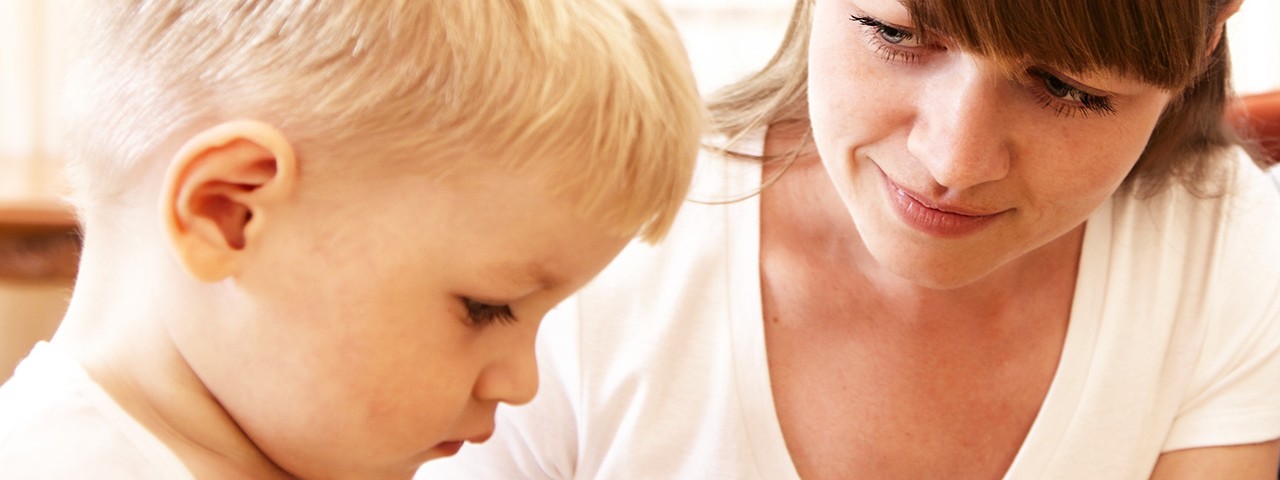Self-Control is a Membership Card to Society
- Tweet

Anyone who has spent time caring for a toddler knows at least one thing about this stage of childhood: when it comes to emotions and behavior, chaos often seems to be the rule rather than the exception. Children seem to bounce from one extreme to the other, ready to explode in abject misery or unbridled joy at any given moment. It may be surprising, then, that at this age a child is already well along the path to learning self-control.
Even though toddler emotions & behavior are chaotic, #SelfControl begins early… Tweet this!The seeds of self-control are planted earlier than one might think.
The ability to regulate his emotional reactions and behavior is one the most important milestones in your child’s development. Without the ability to understand how his actions affect others and to regulate his behavior, he simply won’t fit into our active, complicated world. Children with developmental problems in this area can be headed for some serious roadblocks in later childhood and beyond.
Child development studies show that skills forming the basis of later self-control , often called emotional regulation or self-regulation skills, are already developing in infancy. Parents and caregivers play a central role in the process, but it shouldn’t intimidate us: it doesn’t take much more than paying attention to cues from our children and being a consistent, supportive presence in their lives.
Early development is a two-way street.
Effective parenting and caregiving depend on mutual responsiveness. Good caregivers take note of how their actions affect a child, and fine-tune their behavior accordingly. Likewise, the child watches how the adults around him respond to his actions, and these observations guide the development of early regulation skills that contribute to later self-control.
As children acquire language skills, it becomes easier for them to understand their emotions, express themselves appropriately, and adjust their behavior when necessary. When your child can communicate verbally, mutual responsiveness takes on a new character. You can talk about how his actions lead to predictable outcomes, and he can tell you what’s frustrating or interesting him. He can ask and answer questions, taking on a more active role in his own learning process.
Children who master self-regulation and self-control early on have fewer barriers to success and achievement. Studies show that infants and toddlers with greater self-regulation skill tend to be more effective learners, with a strong foundation of school readiness skills. Even further down the road, adults who got started on self-regulation in early childhood demonstrate more control over their emotions, lower risk for depression, and better decision-making skills.
How can parents make a difference?
- Be there - Consistent emotional support during infancy and early childhood promotes the development of self-regulation, giving children a head start in intellectual and emotional development and preparing them to excel in school and beyond.
- Look, listen, and understand - Parents that respond to young children’s cues quickly and sensitively are helping them understand their emotions and how to manage them.
- Responsiveness can take many forms - When a child struggles to learn new skills, there will be times when frustration bubbles over. As a parent, it’s sometimes tempting to step in and solve the problem, but this is not always the best course of action. Sometimes a child benefits by struggling with a new task, even if it involves some temporary frustration. In these cases, the best response may be to remain in the background, or to offer guidance while your child works through the problem.
Acquiring self-control is process that spans years and requires emotional support from the start. For an infant, warm and responsive parenting provides the framework for acquiring early self-regulation abilities. As he grows into a toddler, the signals he receives from parents help him learn to understand his emotions and behaviors.
Self-control helps children become successful, responsible, and well-adjusted members of our complex society. When parents provide consistent sensitivity and responsiveness, they’re also coaching their children in how to navigate life productively, healthily and happily.
